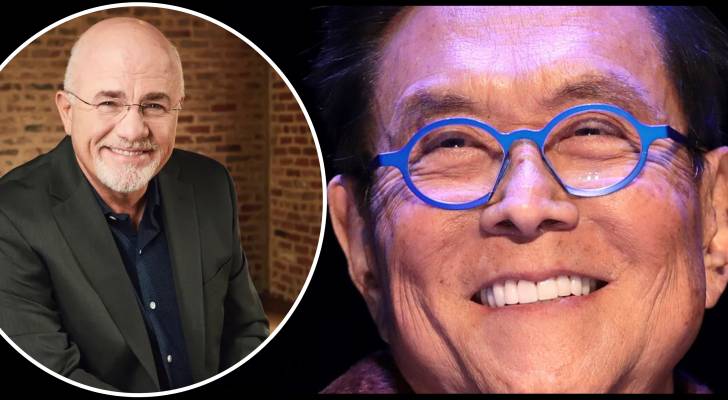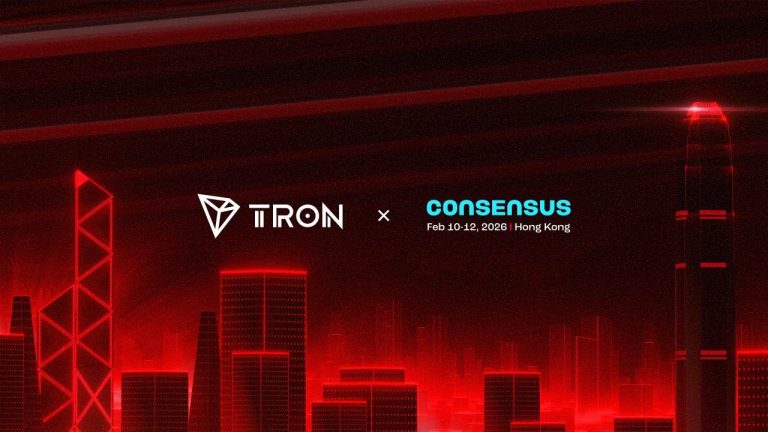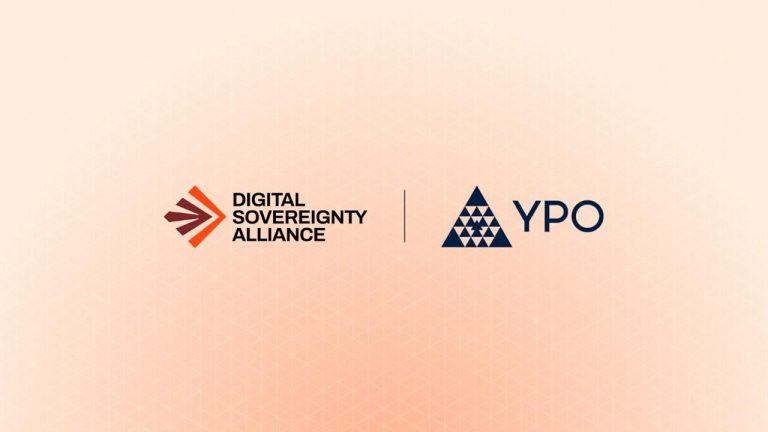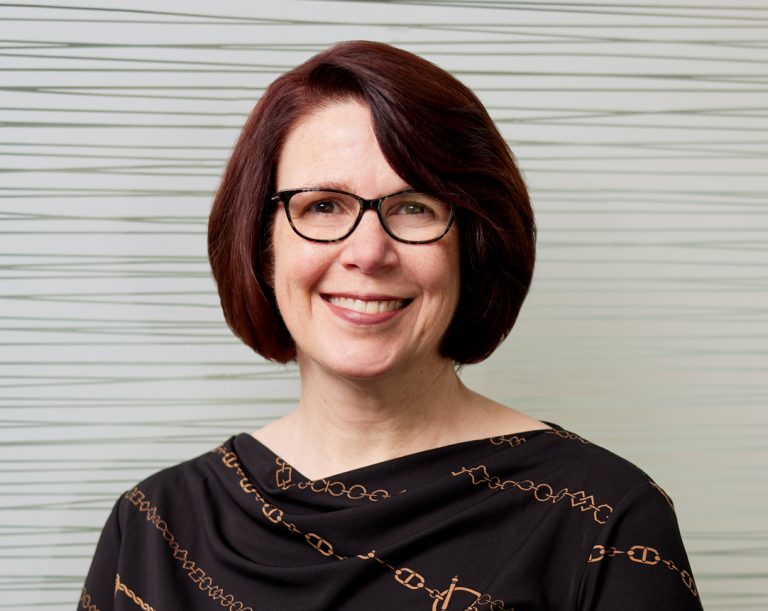
Bestselling author of Rich Dad, Poor Dad, Robert Kiyosaki, publicly challenged finance guru Dave Ramsey on the topic of debt. Kiyosaki proudly proclaimed having US$1.2 billion in debt, objecting to the conventional wisdom that it’s better to live debt-free.
“My friend Dave Ramsey says ‘Live debt free.’ I say ‘I use debt to invest.’ I am $1.2 billion in debt", Kiyosaki shared on X in March of last year.
Kiyosaki champions an investment philosophy that leverages debt — not as a burden, but as a tool to build wealth by investing in tangible assets such as precious metals. However, he reckons that this approach is not for someone with a basic understanding of finances, but rather, a strategy for a seasoned investor with a willingness to take a big risk for an even bigger payoff.
In a blog post, Kiyosaki reinforced his philosophy on money, writing, “Why do you want to achieve financial independence? For many, it’s more than just about money. It’s about freedom and security, especially when life throws unexpected challenges your way.”
A dual focus on the freedom to spend with the security to weather financial storms contrasts Ramsey’s push to achieve financial security through strict debt elimination.
So, is Kiyosaki’s debt-driven strategy a viable path to building wealth?
If you think he’s on to something and want to invest like Kiyosaki without going into debt to the tune of a billion dollars, here’s where you can start.
So, who is right? Is Robert Kiyosaki correct to prioritize investing or is Dave Ramsey right about debt?
Robert Kiyosaki and Dave Ramsey are engaged in a high-profile financial debate over this core question: Is it better to live debt-free (Ramsey’s view), or to use debt as a tool to build wealth (Kiyosaki’s view)?
Kiyosaki publicly boasts about being US$1.2 billion in debt, claiming he uses it to invest in tangible assets like real estate and precious metals. In contrast, Ramsey promotes a strict debt-free lifestyle, focusing on budgeting, avoiding credit and financial security through simplicity and discipline.
What should you do?
There’s no one-size-fits-all answer — your financial strategy should depend on your income stability, risk tolerance and financial goals.
Here’s how to decide which philosophy is right for you.
Managing high-interest debt
While Kiyosaki advocates using debt to acquire assets, this approach carries many inherent risks. For example, high-interest credit card debt is not the kind you want hanging over your head, as it can quickly become unmanageable.
Credit card debt can feel like a big weight on your shoulders. Luckily, there are smart ways to get rid of it. One helpful strategy is debt consolidation, where you gather all your small debts from different accounts and put them into one new, bigger. The Financial Consumer Agency of Canada can connect you to resources that will help you consolidate the debt more efficiently and pay it off rather than having to manage separate bills.
Plus, you might be able to negotiate a lower interest rate on the new loan compared to what you were paying on your credit cards. This means more of your money goes to paying off what you owe, instead of just covering high interest charges.
By finding a way to combine your debts and get a better interest rate, you can pay off what you owe faster and save money, helping you get out of debt more quickly.
When strategic debt (Kiyosaki) might work
- You have stable or high income, with good credit and a strong understanding of investing.
- You’re comfortable with risk and are actively growing wealth through leveraged assets like rental properties or business investments.
- You’re using low-interest debt to buy assets that generate cash flow and appreciate in value.
Actionable Step: Create a wealth-building strategy using leverage, while maintaining liquidity and managing risk. This can include purchasing investment real estate properties or boosting your retirement savings through borrowing.
Focus on investing
If you choose to focus on building your nest egg rather than prioritizing debt repayment, be sure to build a well-diversified portfolio. For instance, you may want to consider a real estate investment property as rental income since it can be a good hedge against inflationary pressures; however, you should balance this geographically-specific investment with broader investments such as stock market holdings and alternative assets.
One option that Robert Kiyosaki is very bullish on is using gold as a hedge against equity volatility. Precious metals like gold and silver are widely favoured as safeguards against inflation and economic instability. In the past, Kiyosaki has publicly talked about the impact of the U.S. dollar’s disconnection from the gold standard during Richard Nixon’s presidency in 1971.
In late 2024, Kiyosaki predicted, “Gold will soon break through $2,100 and then take off. You will wish you had bought gold below $2,000. Next stop, gold $3,700.”
At the time of writing, the price of gold per ounce is fluctuating around US$3,400 to US$3,430, which equates to about C$4,600 to C$4,650 based on current exchange rates.
It’s possible to take advantage of the long-term market potential of this precious metal by starting a Gold RRSP or TFSA with help of the Royal Canadian Mint (RCM).
A Gold RRSP or TFSA can be a secure and stable investment option, allowing investors to include gold or silver in their portfolio, both diversifying your assets and safeguarding your cash value against economic uncertainties.
There are several benefits when you invest in gold or silver with an RRSP or TFSA. In an RRSP, you’ll likely not pay tax until you withdraw at a later date, typically at retirement. In a TFSA, any money you earn from your gold investments is usually tax-free. Understanding how gold and silver fit into the bigger investment picture can help you make smart choices to grow your savings and feel more confident about your financial future.
However, be aware that while gold is known as a good store of value, it is also considered to be a speculative and highly volatile investment. Unlike stocks or real estate, gold doesn’t produce income. Its future value is tied to price speculation rather than earnings or dividends.
When a debt-free lifestyle — the Dave Ramsey philosophy — makes sense
- You have unpredictable income, or are living paycheque to paycheque.
- You’ve struggled with credit card or personal loan debt in the past.
- You value financial peace of mind and want to reduce risk.
- You’re saving for retirement, a home, or children’s education and need a clear path with fewer variables.
Actionable Step: Use the snowball or avalanche method to aggressively pay down high-interest debt, and avoid new debt unless it’s for appreciating assets like a primary residence.
No matter what you choose: Make sure to get expert advice
Kiyosaki often urges his followers on X to be cautious when choosing a financial advisor. “Don’t be a loser. Choose your financial advisors carefully", he told his followers in February.
While choosing a financial advisor should be done with prudence, a recent Vanguard-Angus Reid survey, revealed how advisors offer clear benefits for investors aiming for success in Canada. Despite a trend among younger investors preferring to use online platforms, advisors remain the primary source of financial guidance for 89% of all investors.
Here’s how they can be beneficial to you:
- Valuable guidance: 44% of Canadian investors report that their advisor provides high value, suggesting a direct positive impact on their financial journey.
- Optimism through planning: A formal financial plan designed by an advisor significantly boosts confidence and sees 40% of investors anticipating an abundant financial future, compared to just 22% without a plan.
- Consistent communication fuels confidence: Regular interaction matters — 46% of clients who communicate with their advisor monthly or more frequently to fine-tune their investment strategies feel optimistic about their financial future, a much higher percentage than the 18% who only connect annually.
Bottom line
If you’re early in your financial journey or want low stress, follow Ramsey’s path to debt-free living. If you’re an experienced investor with a solid cushion, you might choose Kiyosaki’s path, using debt to accelerate wealth — but only with careful planning and risk controls in place.
Just remember to let your financial habits and goals — not someone else’s philosophy — guide your decisions.
Sources
1. X: Robert Kiyosaki (Mar 16, 2024)
2. Royal Canadian Mint: Can I hold gold in my Canadian TFSA or RRSP? (Apr 24, 2024)
3. Vanguard: Canadians Show Strong Loyalty and Satisfaction to Financial Advisors, But Younger Investors Less Certain: Vanguard Study (Oct 15, 2024)
This article provides information only and should not be construed as advice. It is provided without warranty of any kind.


